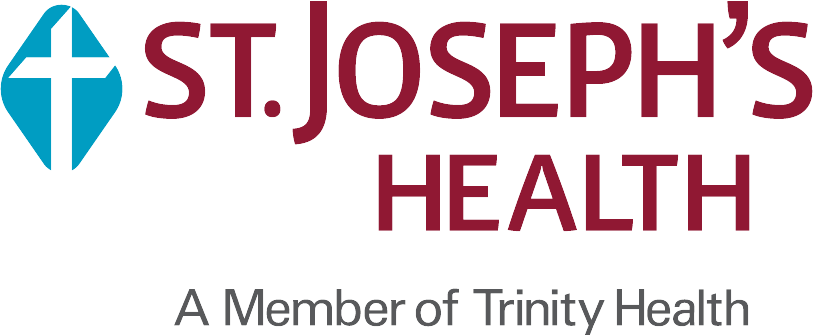Syracuse, NY – Chronic Obstructive Pulmonary Disease (COPD) remains one of the top 10 causes of death in the U.S. according to the Bureau of Chronic Disease Evaluation and Research and the Bureau of Tobacco Control. COPD is a chronic lung disease—often resulting from tobacco smoke—that makes it hard to breathe and worsens over time.
In 2020, an estimated 5% of adults in New York State (762,000 adults) report being told by a health professional they have COPD. However, more than half of all adults with low pulmonary function are unaware that they have COPD, therefore the actual number of adults living with COPD may be higher.
“The rates of COPD are highest among adults who report living with disability (13.4%) and current cigarette smokers (13.1%),” said Kristen Richardson, Director of the CNY Regional Center for Tobacco Health Systems at St. Joseph’s Health. “Though evidence is still being collected, the available data suggests relatively worse outcomes from COVID-19 in individuals living with COPD compared to those without COPD.
While there is no cure for COPD, the condition can be managed to support an individual’s health goals including:
- Quit smoking and avoid tobacco and other pollutants
- Receive personalized treatment programs for pulmonary rehabilitation
- Adhere to prescribed medication
- Prevent lung infections by getting vaccinated for vaccine-preventable diseases, such as the flu, pneumonia, and COVID-19
- Avoid isolation to maintain good mental health
“Quitting smoking is hard but smokers can increase their chances of success with help. When smokers team up with their healthcare provider, long-term quit rates more than double,” said Richardson. “The team at Central New York Regional Center for Tobacco Health Systems works with medical and behavioral health systems throughout the area to establish system-wide policies to screen for and treat tobacco dependence.”
There are many programs in CNY that can assist tobacco users with quitting. For help quitting, the Central New York Regional Center for Tobacco Health Systems at St. Joseph’s Health encourages smokers to:
- Discuss quitting with your doctor
- New Yorkers of all ages can contact the New York State Smokers' Quitline at 1-866-NYQUITS (1-866-697-8487) or visit http://www.nysmokefree.com for free and confidential smoking and vaping quit services and to determine their eligibility to receive free starter kits of Nicotine Replacement Therapy.
# # #
About St. Joseph’s Health
“St. Joseph’s Health is non-profit health care system based in Syracuse, NY. St. Joseph’s has been an innovative leader in health care since our founding in 1869 as the first hospital open to the public in the city of Syracuse. Offering primary, specialty and home care, a Magnet-recognized hospital, and collaboration with community partners, St. Joseph's Health advances the well-being of the communities we serve through an expanding range of services to ensure our patients achieve optimum long-term health. St. Joseph’s is one of America’s 50 Best Hospitals for Cardiac Surgery and one of America’s 100 Best for Spine Surgery and Coronary Intervention according to Healthgrades. It is ranked by Consumer Reports among the top 15 heart surgery centers in the country, a designated Stroke Center and a U.S. News “Best Regional Hospital.” St. Joseph’s Health is affiliated with St. Joseph’s Physicians, and is a member of Trinity Health .For more information, visit www.sjhsyr.org/legacy.”
About Trinity Health
Trinity Health is one of the largest not-for-profit, Catholic health care systems in the nation. It is a family of 115,000 colleagues and nearly 26,000 physicians and clinicians caring for diverse communities across 25 states. Nationally recognized for care and experience, the Trinity Health system includes 88 hospitals, 131 continuing care locations, the second largest PACE program in the country, 125 urgent care locations and many other health and well-being services. Based in Livonia, Michigan, its annual operating revenue is $20.2 billion with $1.2 billion returned to its communities in the form of charity care and other community benefit programs.
About the American College of Surgeons
The American College of Surgeons is a scientific and educational organization of surgeons that was founded in 1913 to raise the standards of surgical practice and to improve the care of the surgical patient. The College is dedicated to the ethical and competent practice of surgery. Its achievements have significantly influenced the course of scientific surgery in America and have established it as an important advocate for all surgical patients. The College has more than 84,000 members and it is the largest organization of surgeons in the world.
